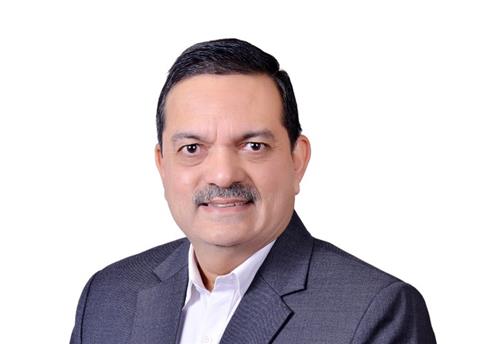Can Myanmar be the new frontier for India?
Now a new frontier is opening up on India’s eastern flank. Myanmar has been long forgotten by the world, but not China, which has provided some sort of support to that country’s former ruling military junta. Myanmar is now embarking on a process of reform.
Myanmar’s trade minister U Win Myint recently came calling. In October last year, the country’s president Thein Sein was in Delhi. So far, India’s engagement with South East Asia, from an automotive perspective, has been Thailand which is now going through a crisis following the floods that inundated major parts. Thailand is the hub for Honda’s operations in this part of the world.
However, Myanmar is virgin territory and to enable Indian business to gain at least a toehold there, India has announced a multi-million dollar line of credit during the Myanmar president's visit. Indeed, Meral Karasulu, the deputy division chief of the IMF Asia and Pacific Department at the International Monetary Fund, has been quoted as saying, “Burma has a high growth potential and could become the next economic frontier in Asia, if it can turn its rich natural resources, young labour force, and proximity to some of the most dynamic economies in the world, into its advantage.”
At a press meeting at last month’s Auto Expo, Tata Motors said the company plans to set up an assembly unit for CVs in the country. The company, which has a JV in Thailand, recently displayed its trucks at a vehicle show. Now Tata, says Prakash Telang – head of India operations, plans to assemble three-axle trucks, in the initial phase of operations in Myanmar and later look at buses and small commercial vehicles.
Mumbai-based economist, Madan Sabnavis says, “India will have a first-mover advantage here. At present, the focus is more on power and oil exploration, though we can see doors opening in the auto sector too because when countries open up there is invariably, a greater demand for consumer goods including automobiles. Here too, it would be the two-wheeler segment which should leverage this opportunity while the car segment will have to weigh the competition from other nations too such as China and South Korea.”
Last week, Ceat announced plans for a Rs 250 crore tyre plant and its deputy managing director Anant Geonka has been quoted in media reports as saying that exports to places like Myanmar are a possibility. Clearly, Myanmar is on some corporate radars.
A lot of what Indian automotive companies can do is also dependent on the kind of infrastructure that Myanmar has, which would not be in the best of shape given the country’s economic isolation. Myanmar is also overwhelmingly an agrarian economy.
Media reports suggest that the new Thailand prime minister, Yingluck Shinwatra, during her recent trip to India has offered the government a chance to invest in the Thai-Italian joint venture that aims to build up a world-class port at Dawei. Through the port and transport links, an average of 10 days will be cut from the journey of goods bound for Thailand, China, Vietnam and Laos as cargo will no longer need to pass through the Strait of Malacca. While it is still early days, the reform process in Myanmar could well see some spin-offs for India’s own north-east. In the aftermath of the Singur controversy that impacted the Nano, it may be recalled that the Assam government was also keen to bag the project. Hopefully, the developments in Myanmar will spur more development in India’s own north-east which has remained largely undeveloped.
RELATED ARTICLES
'ADAS' crux lies in its proactive approach to safety enhancement': TaMo's Mohan Savarkar
Savarkar writes about the role of Active Safety Technology and ADAS in Compact Cars in augmenting inclusive vehicle safe...
Maintenance 101 for your electric two-wheeler, a cheat sheet for a breezy ownership experience
The experience of owning electric bikes is new, and remaining informed, aware and proactive will help in becoming better...
How technology can advance traffic enforcement for safer roads
By ensuring that only qualified drivers occupy the roads, authorities can substantially reduce the risk of accidents ste...





 By Autocar Pro News Desk
By Autocar Pro News Desk
 15 Feb 2012
15 Feb 2012
 4007 Views
4007 Views









